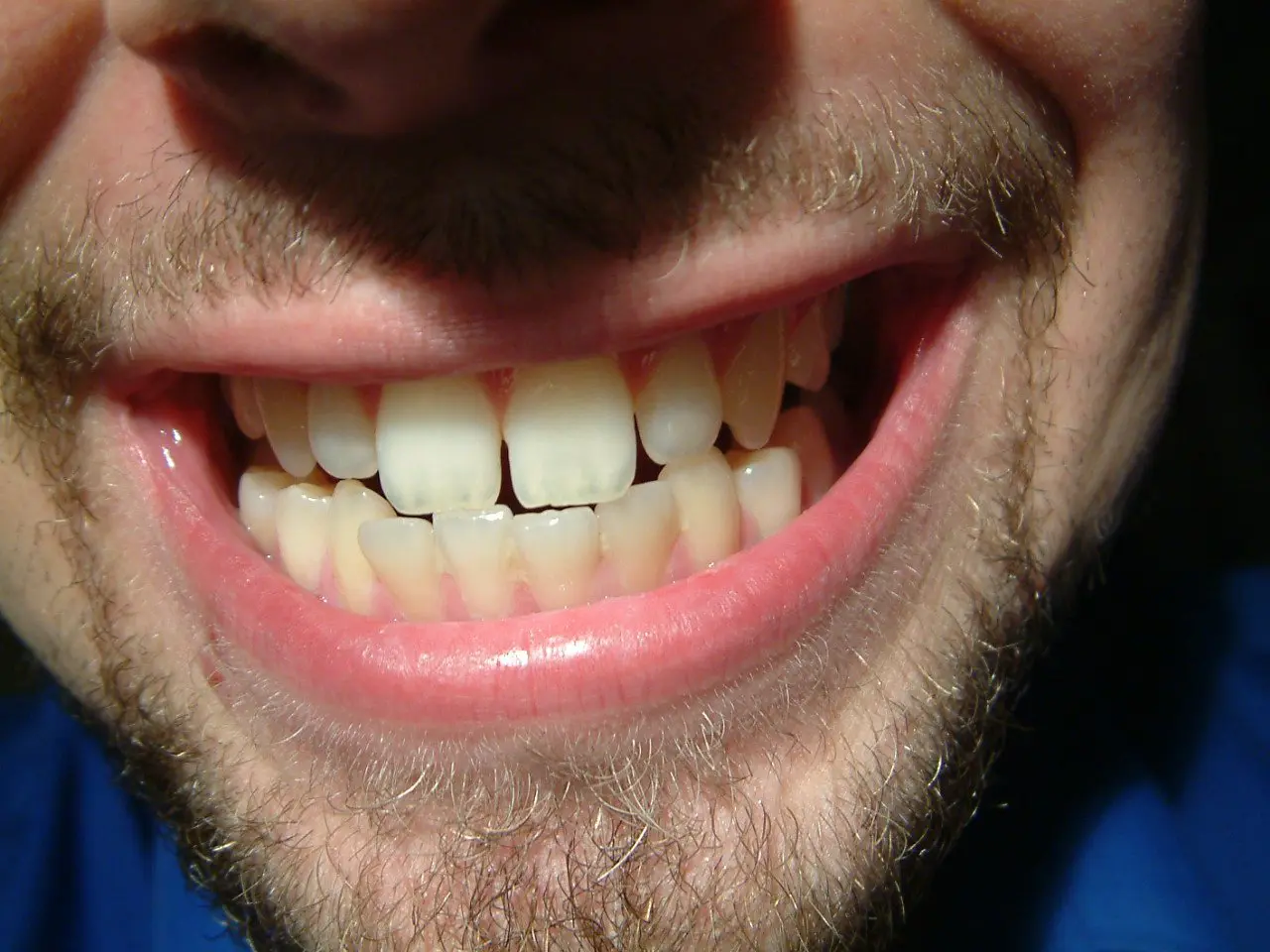Bruxism is the medical term for teeth grinding or clenching of the jaw. The prevailing belief is that people who engage in bruxism are experiencing high amounts of stress or anxiety. While bruxism may not always cause symptoms, in most cases people who grind their teeth or clench their jaws experience headaches or facial pain. Over time, the constant grinding will also wear down the teeth.

(Freeimages / Gilbert Tremblay)
More often than not, those who grind their teeth and clench their jaw aren’t even aware they’re doing so, as it generally occurs while the person is asleep or in deep concentration.
You may be experiencing bruxism if you have the following symptoms:
- Headaches
- Earaches
- Facial pain
- Stiffness and pain in the jaw and surrounding muscles
- Worn-down teeth
- Increased tooth sensitivity
- Broken teeth or fillings
- Tooth loss (if grinding continues)
- Sleep disruption
While headaches and facial pain are only temporary symptoms of bruxism, those who are experiencing tooth damage as a result of grinding their teeth may need to seek treatment.
If you are experiencing pain in your jaw, face, or ears; your teeth are worn and sensitive; or your partner says they hear you make a grinding sound in your sleep, you should see a dentist. Your dentist can then examine your teeth and determine the severity of the bruxism and find a solution before further problems develop.
In order to protect your teeth, your dentist may recommend that you start using a mouth guard or a mouth splint in order to reduce how much your grind your teeth and clench your jaw. Both devices can help prevent further damage to your teeth and help reduce pain.
If your bruxism is due to stress or anxiety, your dentist may recommend cognitive behavioral therapy in order to address the root of the problem. Other treatments may include relaxation exercises or developing a sleep hygiene routine to help make sleeping more restful.
Stress is a physical and mental condition that is manifested through different irregularities. One of these is the grinding or clenching of the jaws that results to an irritating sound. Though the person doing it is not even aware of himself, help him protect his teeth through the information from this infographic.

![How to Deal with Teeth Grinding (Bruxism) [infographic] How to Deal with Teeth Grinding (Bruxism) [infographic]](https://www.feltfamilydentistry.com/wp-content/uploads/2018/08/How-to-Deal-with-Teeth-grinding-Bruxism.jpg)